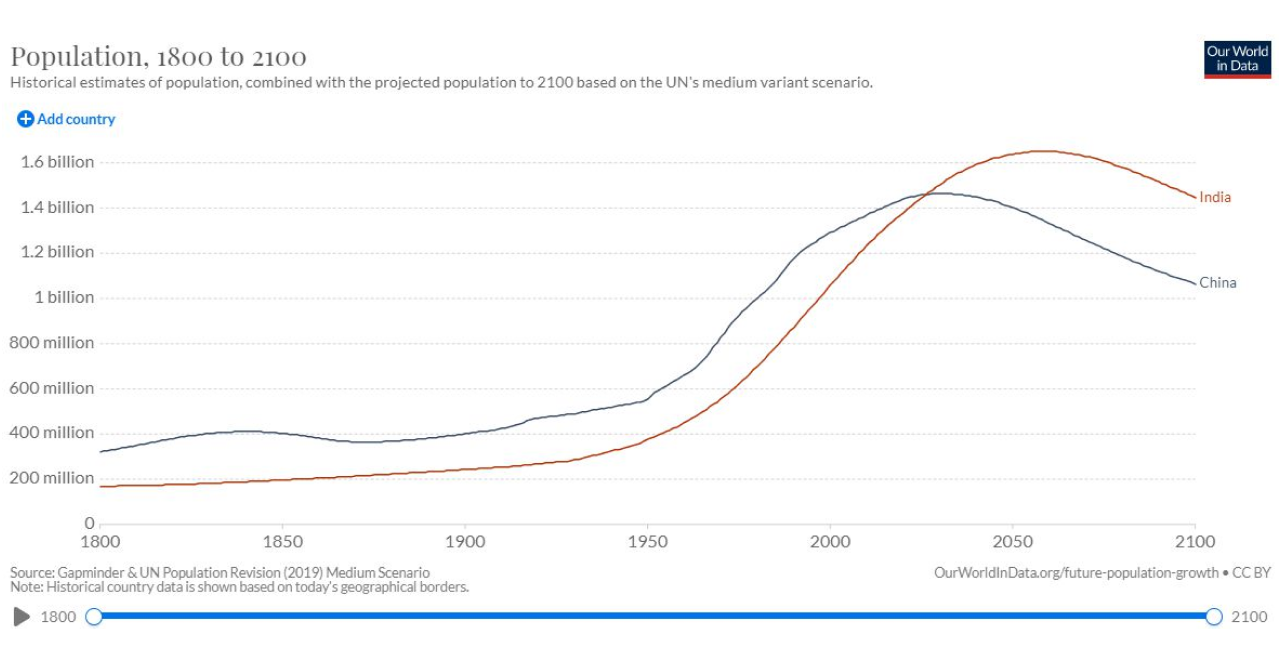I had been on respectable amount of cash for a good part of the first year as I feared inflation could be rampant and we could see a scenario like we saw in the 1970's, where the S&P 500 increased by a meagre 10% in absolute terms during 1974 to 1979.
This was the period where the OPEC imposed embargo on the US in retaliation for the U.S. decision to re-supply the Israeli military and to gain leverage in the post-war peace negotiations.
Arab OPEC members also extended the embargo to other countries that supported Israel including the Netherlands, Portugal, and South Africa. The embargo both banned petroleum exports to the targeted nations and introduced cuts in oil production.
The onset of the embargo contributed to an upward spiral in oil prices with global implications. The price of oil per barrel first doubled, then quadrupled, imposing skyrocketing costs on consumers and structural challenges to the stability of whole national economies. Since the embargo coincided with a devaluation of the dollar, a global recession seemed imminent. U.S. allies in Europe and Japan had stockpiled oil supplies, and thereby secured for themselves a short-term cushion, but the long-term possibility of high oil prices and recession precipitated a rift within the Atlantic Alliance. European nations and Japan found themselves in the uncomfortable position of needing U.S. assistance to secure energy sources, even as they sought to disassociate themselves from U.S. Middle East policy. The United States, which faced a growing dependence on oil consumption and dwindling domestic reserves, found itself more reliant on imported oil than ever before, having to negotiate an end to the embargo under harsh domestic economic circumstances that served to diminish its international leverage. Read the full note here. (https://history.state.gov/milestones/1969-1976/oil-embargo)
In 1979, Paul Volcker, formerly the president of the Federal Reserve Bank of New York, became chairman of the Federal Reserve Board. When he took office in August, year-over-year inflation was running above 11 percent, and national joblessness was just a shade under 6 percent. (Current US inflation is above 9% and joblessness is under 4%).
The Volcker Fed continued to press the fight against high inflation with a combination of higher interest rates and even slower reserve growth. The economy entered recession again in mid 1981, and this proved to be more severe and protracted, lasting until end of 1982. Unemployment peaked at nearly 11 percent, but inflation continued to move lower and by recession’s end, year-over-year inflation was back under 5 percent.
But I soon realized that recession was not the risk. So, what is the real risk ?
I urge everyone to draw nifty imaginary chart from 2022 to 2032. How big or small would the current correction look in that chart? I cannot emphasize this enough, THE REAL RISK IS SITTING ON CASH AND NOT BEING INVESTED.
Fiat currency debasement is a reality. When global central banks print money at the velocity they have been, the value of money goes down. And when the value of money goes down, the denominator to all assets classes go down. And hence all asset classes appreciate against the fiat currency.
Lets make a list of all asset classes that will continue to appreciate as the fiat de-bases. EQUITIES, commodities, Real estate, crypto currencies.
I would encourage you all to watch this Epic scene from the movie 'Network'. This spectacular monolgue by Ned Beatty reminds me of the biggest risk of the next decade. NOT OWNING EQUITIES.https://www.youtube.com/watch?v=35DSdw7dHjs
Ned Beatty goes on to say: “You get up on your little twenty-one inch screen and howl about America and democracy. There is no America. There is no democracy. There is only IBM, and ITT, and AT&T, and DuPont, Dow, Union Carbide, and Exxon. Those are the nations of the world today. What do you think the Russians talk about in their councils of state, Karl Marx? They get out their linear programming charts, statistical decision theories, minimax solutions, and compute the price-cost probabilities of their transactions and investments, just like we do. We no longer live in a world of nations and ideologies.”
Look, I still am cautious of inflation. I still believe that the current situation has traces of what happened in 1970's. OIL is the one to look out for. OPEC says Oil demand will increase by 2.7% next year without any substantial increase in supply. Well the OPEC will say what suits them. But I concede that there is going to be no new capex in commodities.
Even as if inflation was to come back and haunt us, companies which continue to grow will be the ones which will attract higher valuations and provide inflation hedge and protect and grow your wealth.
THE MICRO: How do we make money?
- Buy Large Cap growth stocks: Companies that continue to grow in difficult environment will continue to command higher valuations and attract capital. So far from the current result season I see opportunity to own Financials, IT stocks and select FMCG stocks.
- Buy Mid & Small cap value stocks which show impressions of growth: I don’t like to overpay for mid and small cap companies. Companies which have strong fundamentals, relatively clean managements and show growth are the ones to own.
- Bitcoin: While I haven’t had any meaningful allocation to cryptos, I sense if the FED sometime in the next year want to start stimulating the economy, they will cut rates and / or pump in more dollars. This might bring the new kid in the block back in spotlight.
Parth Kotak, CFA, MSc. Finance.31th Jul 2022


